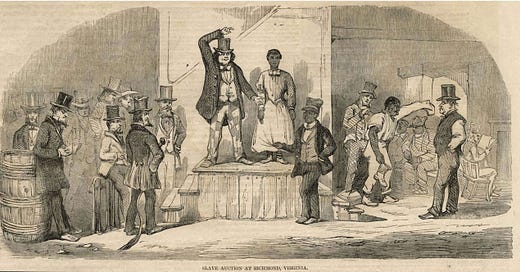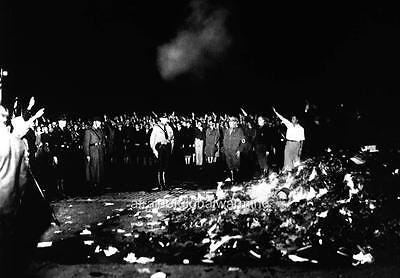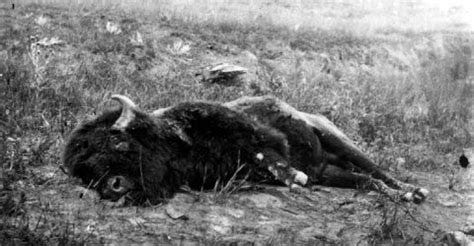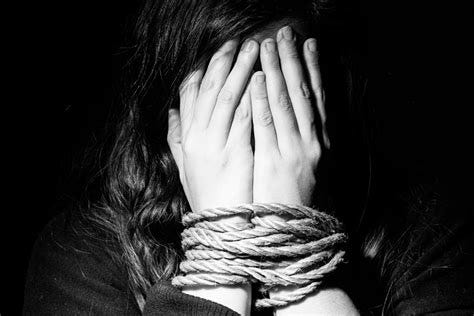A few months ago I finished reading Sergeant Lamb’s America, by Robert Graves. You might remember him as the author of I Claudius and many other great works. Sergeant Lamb’s America is a fictional work (drawn from regimental records from Mr. Graves’ WWI service) about Sgt. Roger Lamb, an Irishman who joins the British army and finds his way to the American colonies during the American War of Independence.
It’s a great book because it helped me to see that time in history from another perspective. Not as merely the standard story of the colonials rejecting Great Britain’s heavy hand, but the story of the very real soldiers who were very much like their American cousins.
I was talking about this period in history with my son, Elijah. He and I are conservative by nature and we agreed that if we had lived then, we might well have been loyalists. We respect and revere tradition and authority. Even now I feel a sense of connection to England for some reason. I’m certainly proud of the United States. This is my home. I’m happy that it exists. But there’s something about that island nation.
I’ve never been there. So perhaps it’s because my ancestry, the roots of my Protestant faith (I was raised a Methodist which is rooted in Anglicanism) and so many of the stories of greatness I have loved come from England. Not to mention the beautiful language I speak, read and write.
Reflecting on this made me think that maybe, just maybe, none of us know what we would have done if we had lived in a particular time in history. We can make guesses but most of them are merely us projecting our current lives onto imaginary lives we’ve never experienced. I like to think I’d have been a valiant warrior against invading Norsemen. I might well have run for the hills and left that to other more sturdy folk. I might have joined the Norsemen and raided for gold. Who knows?
Still we like heroic, noble people and we like to think that we come from them and would have been them as well. For instance, we like to think that we would all have taken brave stands against slavery. (Failing to accept the hard reality that we might have owned slaves ourselves. Or at least, might have found it fairly dangerous or financially risky to resist the slave trade.)
We all feel confident that if we had lived in Germany in the 1930s, we would have resisted Hitler. We wouldn’t have burned books! We wouldn’t have put people into cattle cars and sent them to camps!
If we had lived under Stalin or Mao, we wouldn’t have turned people in to the secret police to save our own skins, we’d have been heroic! We wouldn’t have beaten people to death over their political or cultural or religious viewpoints as in the Chinese Cultural Revolution, right? Of course not! We’d have known better. (As an aside, let me recommend Yuri Bezmenov’s Substack and watch his dark parody of a struggle session set to modern themes.)
Or would we? I wish I could say definitively that I would have behaved morally. Fortunately, as time moves only forward (as far as we know), I’ll never have to find out how I would have behaved in the past.
Of course, there’s also now. Now there are people behaving terribly around the country and around the world. People who would say that they would never have participated in genocide in the past now give the idea of genocide a knowing wink. People who were shocked by Swastikas not so very long ago now embrace them.
People who think that they would never have turned someone in to the secret police previously are now, even in parts of the free west, calling the police about online remarks that they find offensive. And in some places, like ‘Jolly Old England,’ the police show up, make reports and threaten fines or arrest. Increasingly the wrong words, the wrong ideas, the wrong expressions of faith or politics can result in physical assault or incarceration.
There are those who cry crocodile tears over banned books who nevertheless ban people from speaking, ban social media posts, refuse to allow particular books to be on the shelves of bookstores and do all sorts of things that ‘they would never have done’ if they had lived in the past. There are those who believe in free inquiry and speak glowingly of science who try to ruin anyone in the scientific community who disagrees with them. We saw this in medicine during the dark COVID years. It will happen again. Watch and see the blow-back from the Cass Review of gender identity care in the UK. It won’t be pretty.
https://cass.independent-review.uk/
History is full of cruelty and tyranny. From Russian Pogroms against Jews to the Shoah brought to us by National Socialism, from the Irish Potato famine to Stalin’s forced starvation of Ukraine, from the Muslim murder of Christians in Armenia to the butchery of Pol Pot, from the devastation of the Chinese Communist Revolution to the intentional starvation of Native American tribes by the killing of the Bison, the list is long and written in blood and ashes.
And doubtless, we would all look back on those times and say, ‘yes, but I would never.’ However, among the perpetrators of all of those miseries and more there were untold numbers of men and women who previously believed themselves incapable of doing such things.
That’s the danger. That’s what we forget in our righteous indignation, in our scientific and pseudo-scientific elitism. We completely ignore that reality with our belief in being the right kind of ‘educated’ people. We’re all living right on the edge between civility and monstrosity. Humans aren’t born with horns or pointy teeth but worse, with a dangerous brain, unstable emotions and (I think) free will. We’re capable of so much good. And equally capable of so very much bad.
In 1 John 1:8, the Apostle John said “If we say, ‘We have no sin,’ we are deceiving ourselves, and the truth is not in us.” Whatever you do or don’t believe about sin, or what it means, we might at least say this.
“If we say we aren’t capable of great evil, each and every one of us, then we’re lying to ourselves and the world.”
When we feel righteous indignation we are capable of evil. When we feel our way of life or our ideology threatened, we are capable of evil. When we realize we can stay out of trouble if we just keep our heads down and say nothing, we’re capable of evil. And when we find that there is great financial gain and great personal influence that might come from doing evil? Rest assured we can easily do just that. I feel certain that if chattel slavery were still legal and lucrative, popular online vendors would be engaged in the sale of human beings. (Indeed it is, it’s just now called trafficking and there are more slaves worldwide, and cheaper, than ever in history.)
What does the future hold? Who knows. Maybe our higher angels will prevail. But those angels may have a hard time if we keep telling ourselves that we’re too good to be bad. Or that our bad isn’t as bad as someone else’s bad.
All I can say is that it’s a rare human being who knows just how potentially dangerous they really are.








